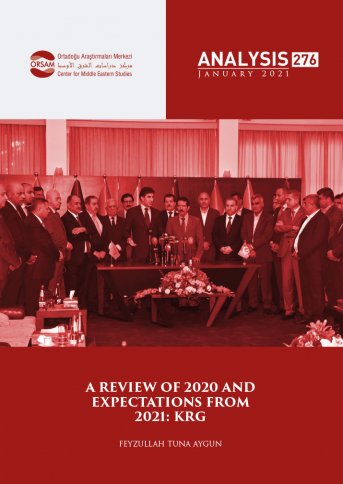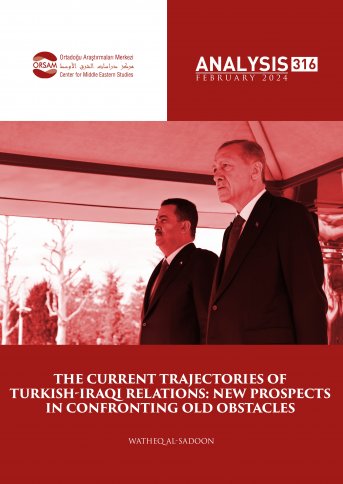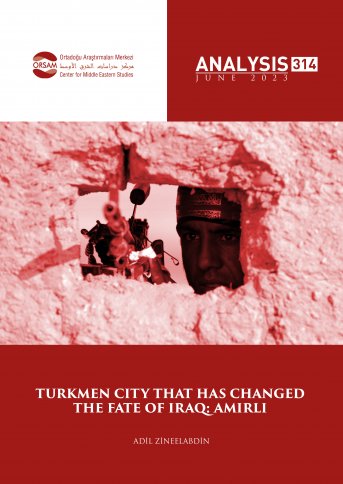
A Review of 2020 and Expectations From 2021: KRG
The year 2020 added new problems to the ongoing problems of the Iraqi Kurdish Regional Government (KRG) that had been started in previous years. Talks on the issues between the federal and regional governments continued with Baghdad, with whom relations embarked on a normalization path in 2018 following the KRG’s unilateral independence referendum in 2017.
Iraqi Prime Minister Adil Abdul-Mahdi submitted his resignation to the Iraqi Parliament on 29 November 2019 due to the anti-government protests in Iraq. The Parliament accepted the resignation on 1 December 2019. The absence of a fully authorised prime minister and cabinet for almost seven months until Mustafa al-Kadhimi took office after the confidence vote on 6 May 2020 prevented the two governments from concluding talks with a concrete outcome.
The governmental crisis in Iraq, which ended with the beginning of Kadhimi’s term and the formation of the cabinet, led to dissidence among the Kurdish political parties and to the determination of different positions by the Kurdish parties in central politics. There was even a dispute over the position quotas which were created on a continuing basis with the introduction of the new system in 2005 for the posts which also include the ministries in Iraq. Indeed, the nomination of former KRG President Mesud Barzani’s General Secretary Fuad Hussein by the Kurdistan Democratic Party (KDP) for the Iraqi presidency, for which the Patriotic Union of Kurdistan (PUK) had been nominating a candidate (Jalal Talabani and Fuad Masum) since 2005, was a sign of the dissidence that would later emerge between the parties. It can be said that the split between the Kurdish political parties, in particular the KDP and the PUK, has damaged the united Kurdish front in central politics. However it can also be said that the split in central politics among the Kurdish political parties is not only due to a dispute over the distribution of positions in Baghdad, but also to the influence of financial crisis in the KRG that is affecting the central politics.
The continuation of the financial crisis due to falling oil prices and to the budget dispute between Baghdad and Erbil, as well as the emergence of social movements such as protest demonstrations, is shedding light on the developments that could be witnessed in the KRG in 2021. We need to examine the present state of relations between Baghdad and Erbil, the increase in conflicts between the KDP and the terrorist organization PKK after the Sinjar deal, the pressure of the financial crisis on the KRG, the protests in the governorates of Sulaymaniyah and Duhok, the attempt to create a Sulaymaniyah-based region and the bilateral relations between Turkey and the KRG so that the forecasts match the reality in the region.








